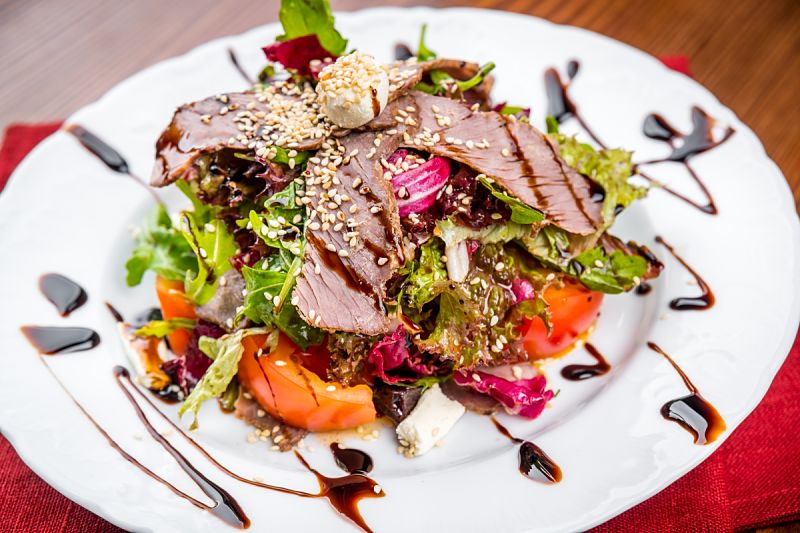Healthy Weight Loss Tip - Retrain your Tastebuds to be More Fat Sensitive to Eat Less
Research
A recent Australian study has found that people who eat a high-fat diet, such as junk food can switch-off the person's ability to taste fat, which causes the person to eat too much.
Australian Food scientists are hopeful that this discovery may enable people to retrain their taste buds to sense fat and that this may help them in their the battle against excessive weight and
obesity.
Last year, a team of researchers at Deakin University in Melbourne, Australia found that humans have and extra taste ability - "a sixth taste" that sense fat in the food eaten.
There are now six basic tastes:
- sweetness,
- bitterness,
- sourness,
- saltiness, and
- umami is based on a Japanese word meaning pleasant savory taste". MSG produces a strong umami taste,
- fat (**New)
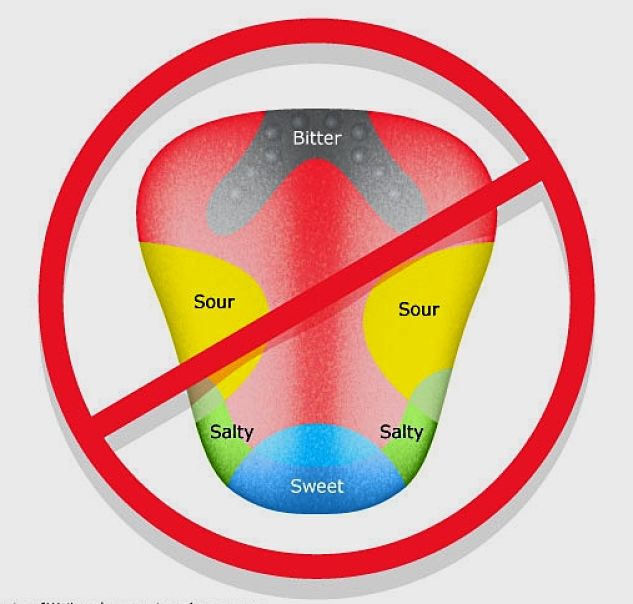
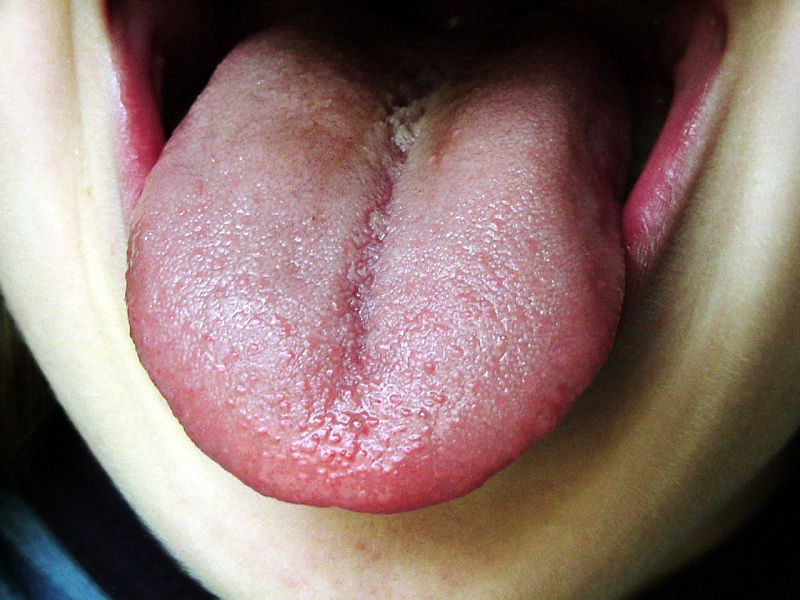
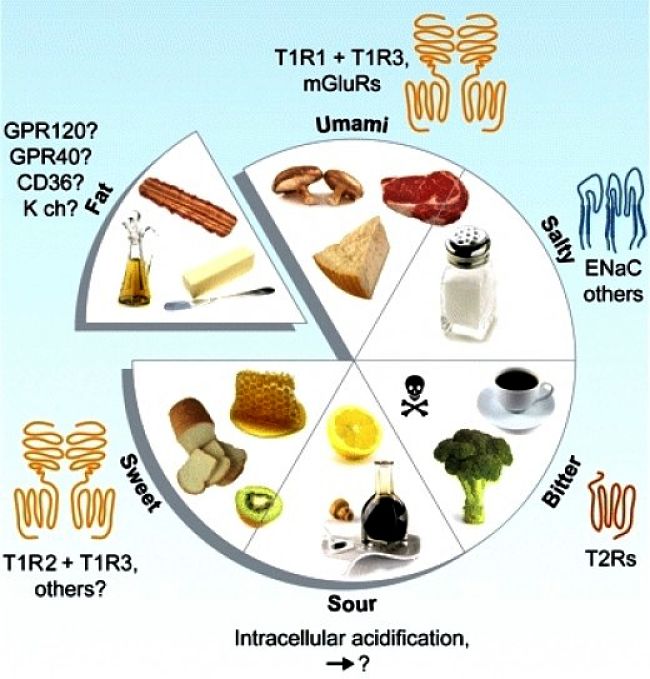
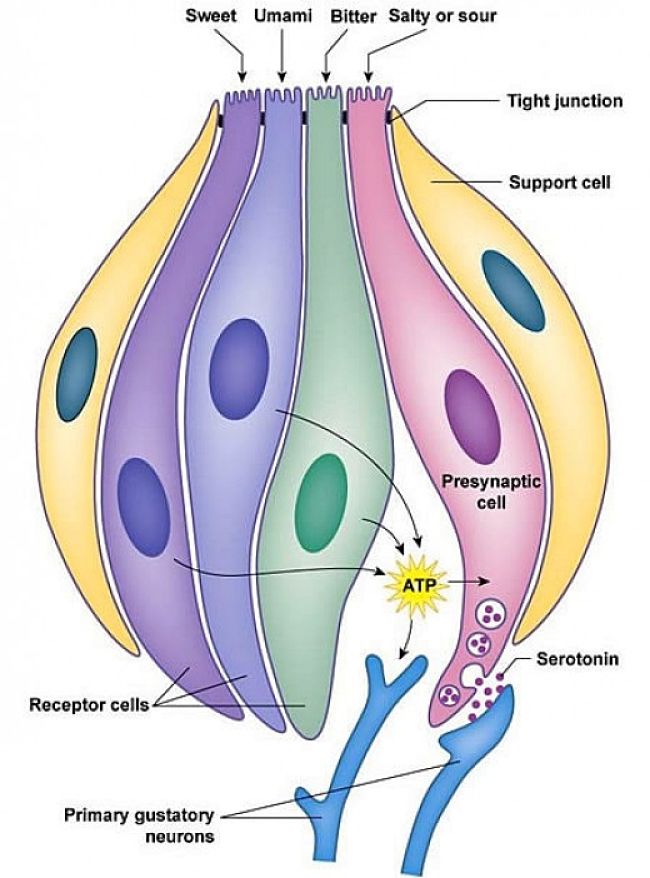
In 2010, researchers used a series of taste-testing experiments discovered that humans can sense the taste of fat by its chemical composition, and not by its texture, as had been previously supposed.
The six basic tastes are only part of the sensory
experience and flavor of food in the mouth, the other factors include:
- temperature - sensed by various temperatures sensors in the mouth, and
- texture - detected through various Mechanoreceptors, nerves in the muscles, etc.;
- smell - sensed by the detected by the olfactory cells in the nose;
- piquance and spiciness - detected by various Chemoreceptors.
The researchers gave a group of 33 subjects various types of soluble fatty acids that are found in common foods, dissolved in non-fat milk to mask the texture, to test their ability to taste fat.
All 33 people tested, could detect the taste of fat to some extent. he said. But similar to other tastes the sensitivity to fat varied between individuals.
The research team wanted to know how the ability or people to taste fat in their food affected what and how much they ate.
The experimental subjects were divided into two groups:
- Group 1. included people with hyper or very sensitive sense of taste for fat.
- Group 2. included people who had a relatively poor taste for fat
The researchers then compared the food eaten by the two groups and found that the group with the higher sensitivity to fat ate much less fat in their diets ate. Their boy weight were also lower as measured by having much lower body mass indexes.
It appears people that are hypersensitive to fat have an inbuilt mechanism that tells them to stop eating fat and this reduces the amount of fat they eat.
People with low fat sensitivity eat more fat and may over-consume fatty foods leading to higher BMI and to the development of excess weight or obesity.
The researchers have recently discovered through additional research studies that there is a connection between a person's sensitivity to taste fat and their weight. They also found that their ability to taste fat and their sensitivity to fat in food changes with their diet.
The fat sensitivity of people, who were not overweight and were eating a healthy low-fat diet, decreased dramatically when they were put on a high-fat diet.
The researches state that fat normally provides a stimulus for the release of hormones for satiety that tell us to stop eating or increase the time between eating events.
However, the overweight and obese subjects failed to respond the high levels of fat in foods and so there was no follow up bodily response to that fat as a trigger to stop eating.
But when both overweight and normal weight subjects were put on a low-fat diet both responded equally, becoming more sensitive to fat. This suggest that apart from genetic differences, subjects adapt to the taste of fat. If you eat a lot of fat you become less sensitive to the taste of fat.
The researchers are now running additional study to find out the differences in sensitivity in tasting fat is due more to genes or diet. The researchers are not sure if some people are more susceptible to adaptation, or more genetically susceptible to becoming less sensitive to fat.
Conclusion
The conclusion from this study is that people are able to train their taste buds to detect fat. As fat promotes fullness, if a person is insensitive to fat their body will not send out signals telling them they are full and need to stop eating.
Switching to a low fat diet not only meant that they were eating less fat and fewer calories their bodies adapted by becoming more sensitive to tasting fat. This meant that they felt fuller faster and were less likely to overeat. Switching to a low fat diet meant that they were less likely to eat fat.
The researchers ale suspect that certain specific types of fats may be better than others at activating the satiety mechanisms and/or fullness mechanisms, and that's something that we are currently investigating.




